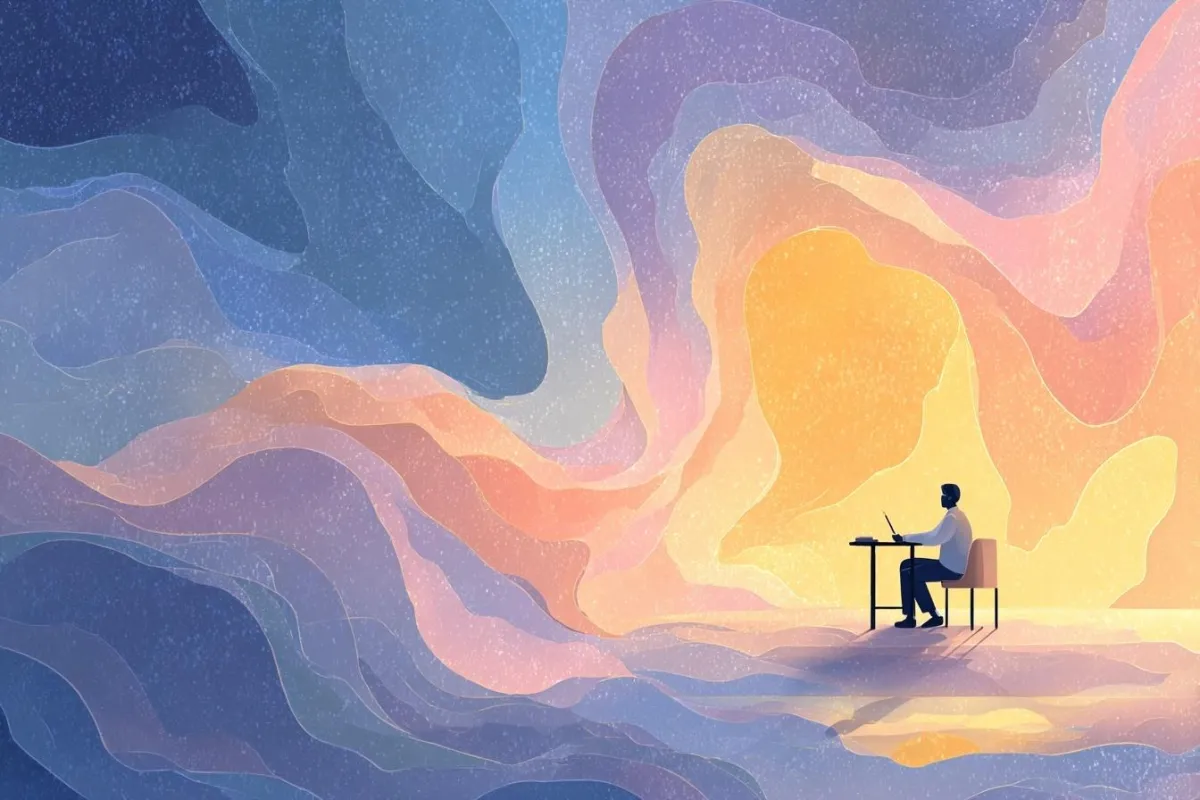
Lose Yourself: Why Flow Activities Are the Secret to Fulfillment and Success
Why Losing Yourself Matters
One of the biggest secrets to life, I believe, is finding activities that allow you to lose yourself.
These are things you do for the sake of doing them—not for an external reward, not because someone told you to, but simply because the activity captivates you.
When you lose yourself in something, it recharges you, inspires creativity, and somehow unlocks more of your potential.
These activities aren’t just “hobbies”—they can become the seeds of mastery, fulfillment, and sometimes even world-changing businesses.
Stories of Getting Lost
Think of Steve Wozniak.
He used to take apart machines just to figure out how they worked.
He drew computer schematics for fun, challenging himself to design computers with fewer parts.
He wasn’t doing this for money—he was doing it because he loved it.
That obsession eventually led to the Apple computer.
Or Walt Disney.
At a time when his studio wasn’t doing well financially, he poured himself into building miniature trains.
To outsiders, that seemed impractical.
But for him, it recharged his spirit, and it eventually inspired the creation of Disneyland.
These stories show that the things you lose yourself in, even if they seem silly or impractical, often become the very source of your greatest breakthroughs.
Loving the Process
Success often comes from doing something people care about, but more importantly, doing it long enough to become great at it.
To last that long, you need to love the process.
If you’re in love with what you’re doing, you can endure the ups and downs, stay curious, and invest countless hours without burning out.
That’s why many of the most successful people don’t start by learning “business skills” like sales or marketing.
They start by following their curiosity.
The skills come later.
The love comes first.
Journaling What Captivates You
The purpose of this article is to encourage you to keep a journal of the things that captivate you—activities where you lose track of time, where curiosity pulls you in.
Write them down.
Reflect on them.
Brainstorm how you can spend more time in them, even if they feel impractical at first.
For me, those things include:
Brainstorming ideas on my iPad—I can get lost in mapping out success principles and seeing how they connect.
Creative collaboration—recently, I’ve been co-creating a hero’s journey style book with one of my teammates using AI. We feed the ideas, make creative decisions, and let AI do the writing. I spent three hours doing this recently, and the time disappeared.
Pickleball and boxing—both give me flow through movement, precision, and aesthetics.
Conversations about business—when I help someone find clarity in a discussion, I feel energized and fulfilled.
These are clues.
They tell me where my energy naturally flows.
A Story About Minecraft
I once heard Mark Zuckerberg talk about his daughter in podcast.
He mentioned that she loved Legos, and he encouraged her to build because it developed her creativity.
Later, she discovered Minecraft and became obsessed—she wanted to stay up late and wake up early just to build worlds in the game.
At first, Mark encouraged it because Minecraft gave her more tools than Legos.
She could build without limits.
But he eventually had to limit her time, because she was so captivated she didn’t want to stop.
What struck me is this: Minecraft has no “goal.”
And yet, she found it deeply fulfilling because she was CREATING!
Outputting, creating, rather than consuming, is, I think, one of the biggest unlocks in today's world.
Consumption vs. Output
We live in a world where most people are stuck in consumption mode—scrolling, watching, absorbing. But fulfillment and success often come from output—creating, building, producing.
Look at MrBeast.
His early YouTube videos weren’t good, but he kept making them, kept outputting, and over time he built the biggest channel in the world.
Or Casey Neistat, who built a following through relentless output.
Or any artist, really—their success came not from consuming, but from consistently creating.
I believe there’s a direct connection between output and fulfillment.
The more you create, the more meaning you experience.
And the more you lose yourself in that process, the more likely you are to stumble into your greatest work.
The Takeaway
Pay attention to the things that captivate you.
Journal them.
Invest in them.
Even if they seem impractical.
Because losing yourself in something is not just play—it’s practice for mastery, it’s fuel for creativity, and it’s often the hidden path to your deepest success.
